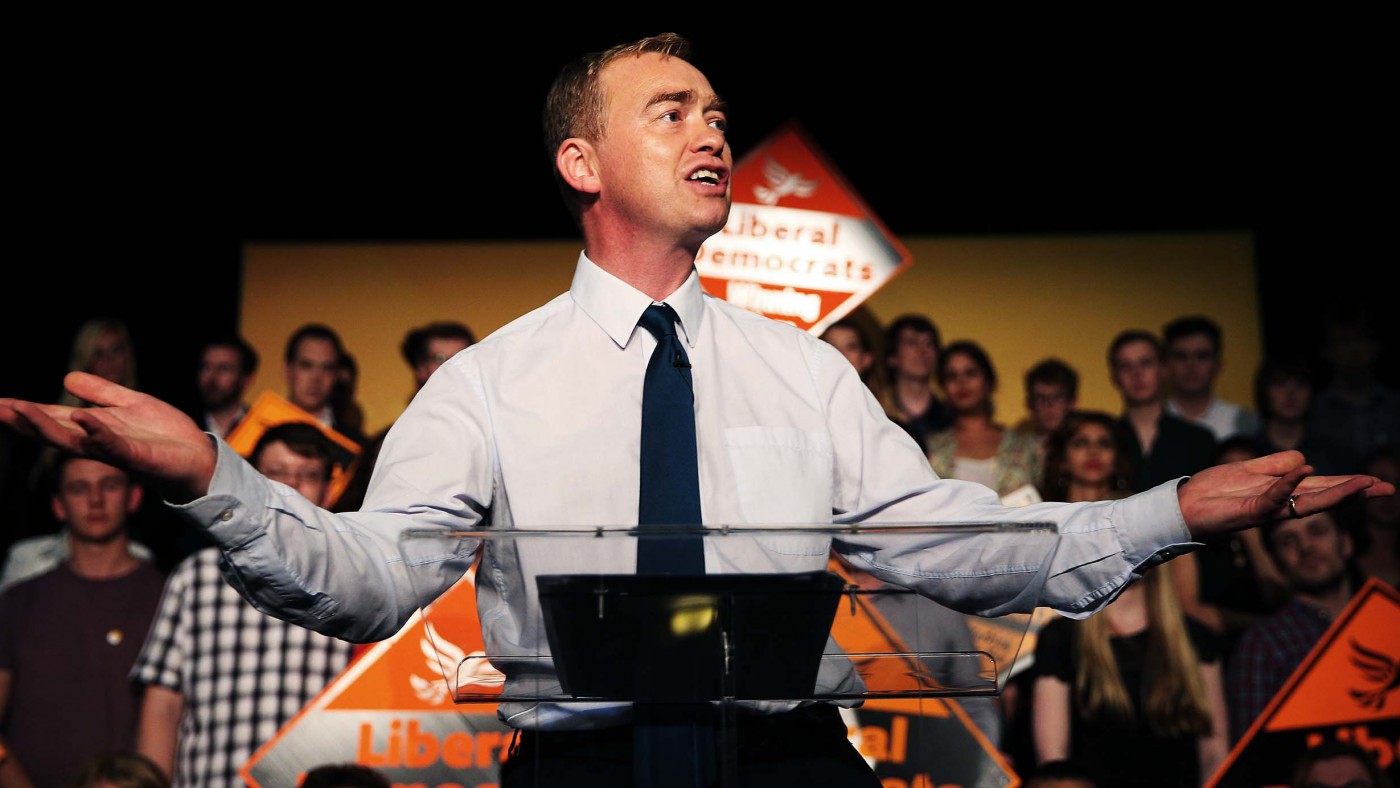Never dismiss Britain’s Liberal party. It has recovered from previous slumps, when it had hardly any MPs, and it is perfectly possible that the Liberal Democrats will regroup after their recent defeat and become a serious force again at some point in the next few decades.
But, and there is a but, they have a long way back and it is not clear that their new leader – the endlessly talkative and chirpy Tim Farron – is going about attempting a revival in quite the best way. While one admires his optimism and refusal to be cowed, it is odd for a party that has just been squashed by the electorate to relaunch with a “fightback.” Is that a fightback against the electorate? Wouldn’t a period of reflection and humility be more in order in terms of rebuilding trust?
There is also the question of what Farron believes about economics and so on. He was interviewed on the BBC Radio 4 Today programme and at various points seemed to be channelling Jeremy Corbyn, the hard left Labour leadership contender who might pull off a shock win.
Although Farron kept using the word liberal in his interview, the policies he proposed were not liberal at all. Asked about welfare he said that what Britain needs is a massive government job creation programme, to deliver “HS3 and HS4” railways plus 30 tidal lagoons to combat climate change. I’m not sure what 30 tidal lagoons are exactly, but I am sceptical that government taking many billions of other people’s money and having Tim Farron spend it on his schemes is the best way to allocate resources and ensure growth. That extra money which a theoretical Farron government takes, or borrows which has to be paid for later, is money that is then not available for citizens and businesses to deploy in private economic activity that will create jobs and drive growth as investors seek a return.
Farron says that his plan would be “investment”, which is the cuddly word used for spending, and that the government should be borrowing more to invest in these tidal lagoons and what have you. How confident should we be that the government would make the right decisions on these projects and not squander other people’s money in pursuit of political goals? Not very confident, I suggest.
Indeed, listening to Farron burble on I started at one point to wonder if he might be a little too left-wing for Jeremy Corbyn’s tastes?
But no, there is a great deal of common ground between Farron and Corbyn. Perhaps they could form an alliance if Corbyn wins the Labour leadership offering nationalisation, punitive taxation and government tidal wave power lagoons? When I was a child in the late 1970s, wave machines were very popular in the local swimming baths, so that may be what Farron has in mind.
There is only one problem with the idea of a Farron-Corbyn pact, however. That small problem is the voters of England, who by a large margin recently rejected Ed Miliband. They did not do this because Ed Miliband was insufficiently left-wing and because they were saving their votes for Tim Farron and Jeremy Corbyn.


